Five viral home cleaning hacks that don't work at all
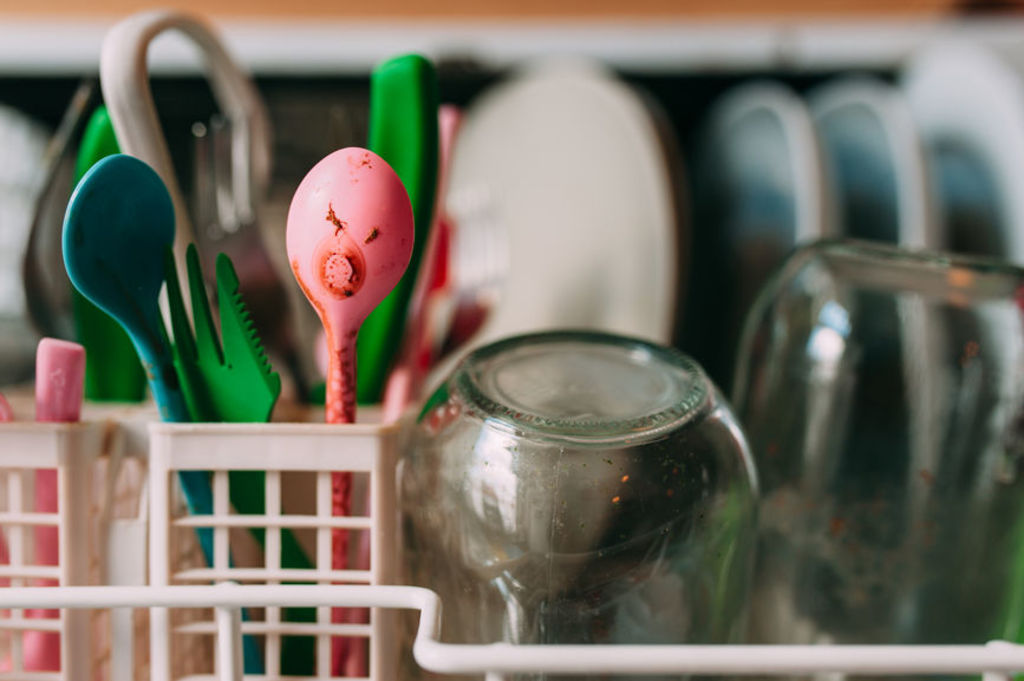
The internet is filled with tips and tricks that claim to to cut your cleaning time in half or offer a natural cleaning solution. But, do they actually work?
Well, some really do the trick like this oven cleaning hack, but others have disappointing results. Here’s five we tried that fell short of the mark.
Use Coca Cola as a toilet cleaner
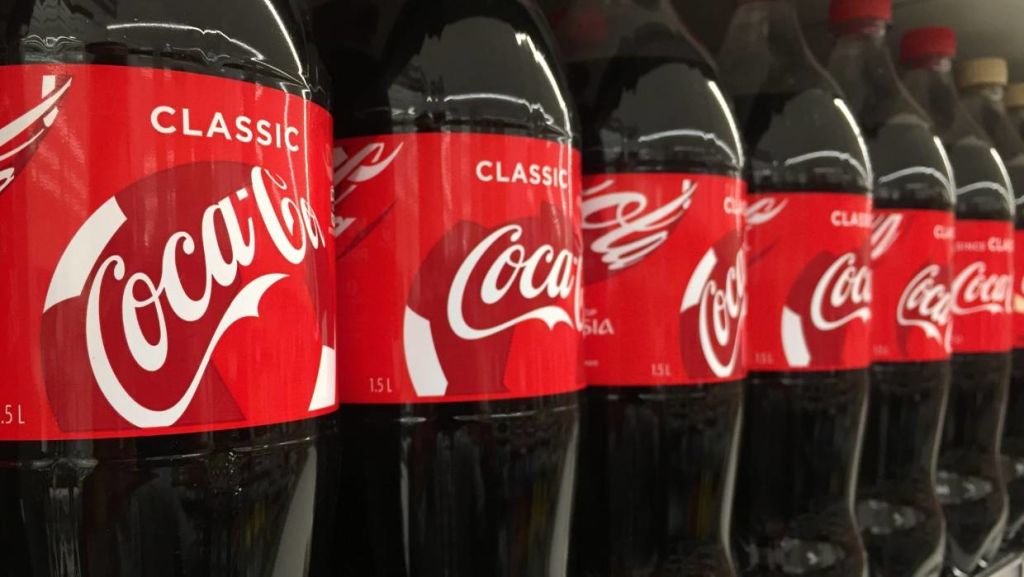
The advice: Remove hard water stains if you pour a can of coke down the loo, leave it for an hour, scrub and flush.
This is said to be an effective, albeit slower, way to remove rust and stains due to the small quantities of citric and phosphoric acid in coke. However, when the Homed team tested this cleaning hack in 2017 it was found to be a “complete fail”.
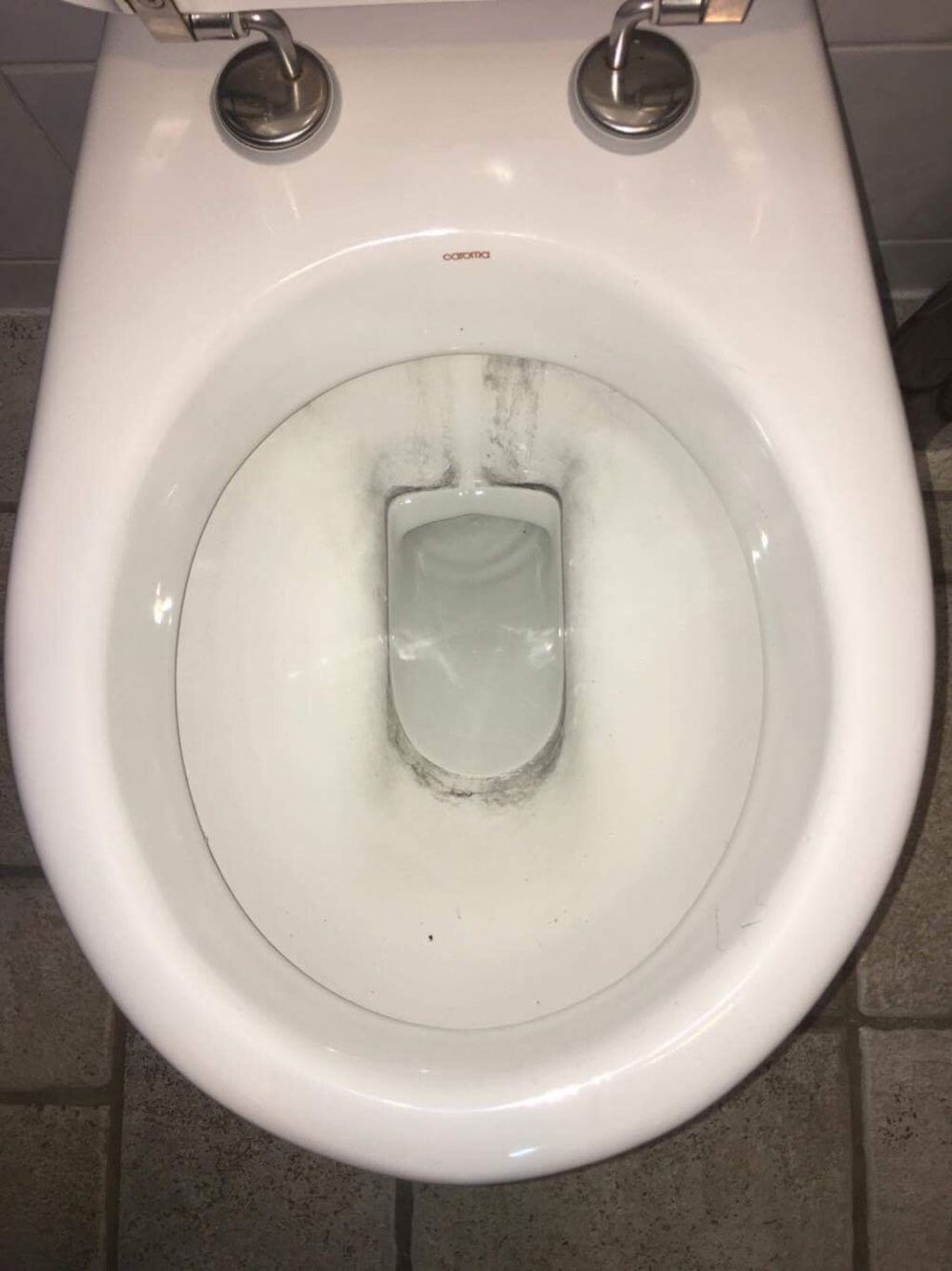
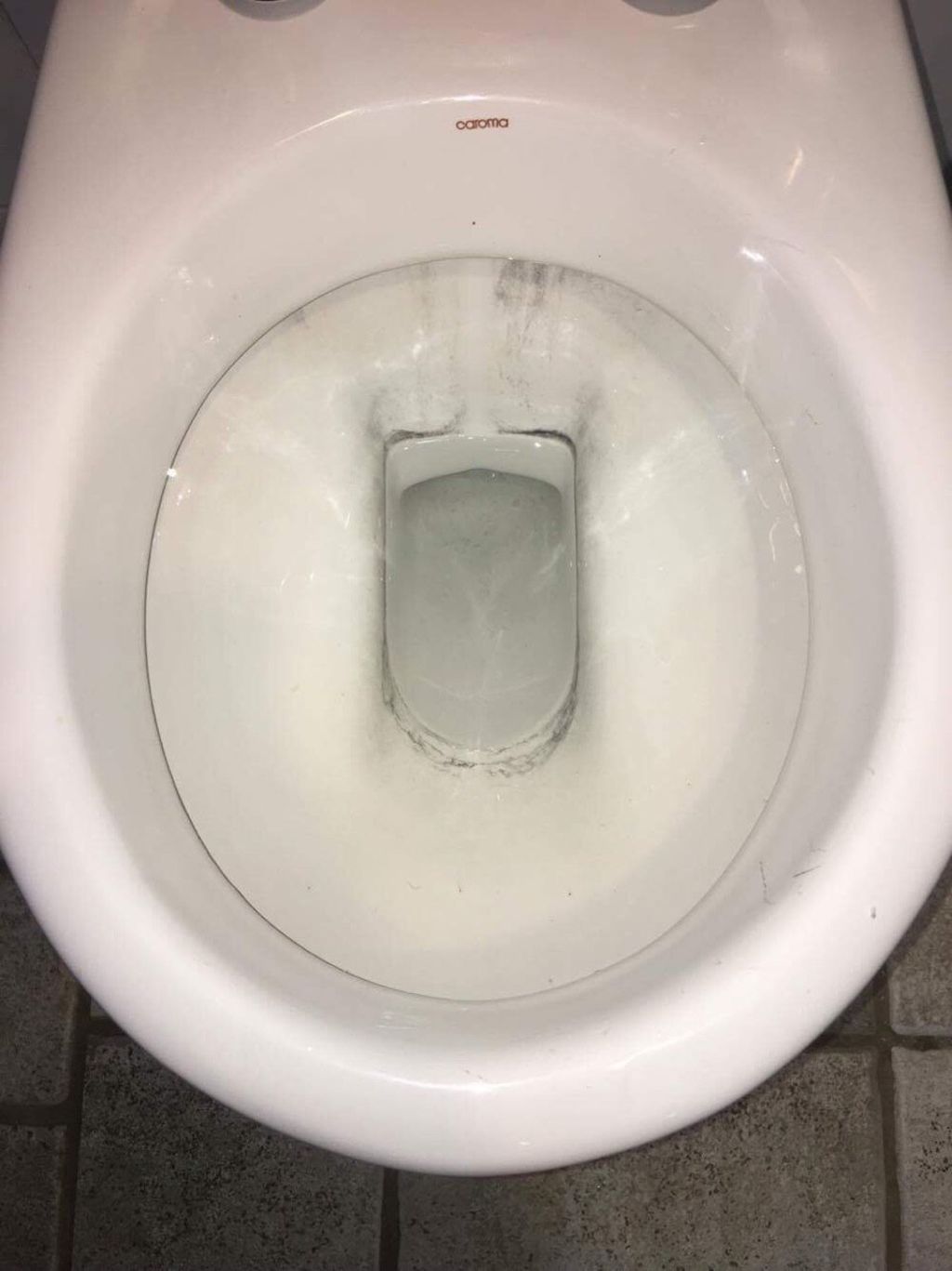
“It didn’t [work] – only a small amount of change,” a Homed reporter said. “It also put the toilet out of action, which was annoying.”
Not only does this hack take a long time to “work” but the sticky residue left behind could even provide food for bacteria to grow, thus defeating the purpose of the exercise.
SCORE: 0/5
Sanitise sponges in the microwave
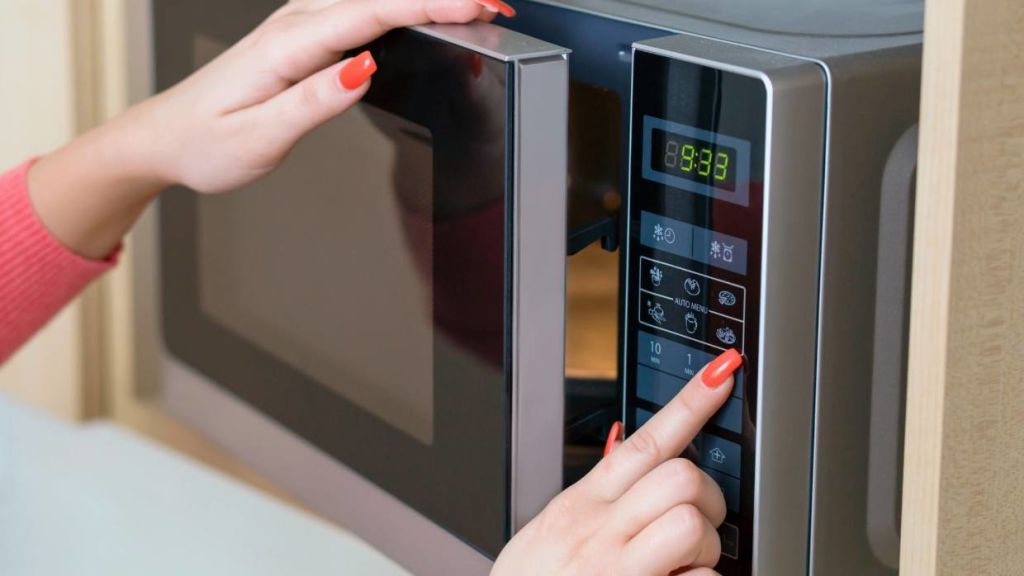
The advice: Put a wet sponge in the microwave and heat it on high for two minutes.
Zapping your sponges in the microwave doesn’t do a very good job at killing bacteria. A recent study found that while this method might kill some bacteria, it isn’t entirely effective.
“When people at home try to clean their sponges, they make it worse,” Dr Markus Egert, a microbiologist at the University of Furtwangen in Germany, told The New York Times.
Dr Egert said it is probably best to replace the dirty sponge with a new one every week or so. However, for those who are conscious about the amount of waste they produce, he said you can “run it through a laundry machine at the hottest setting using a powder detergent and bleach” and then use it in an area of a home that is “less hygiene-sensitive”, like the bathroom.
Remove stains from plastic with lemon juice
The advice: Rub lemon juice over the inside of a stained piece of plasticware and leave for 24 hours.
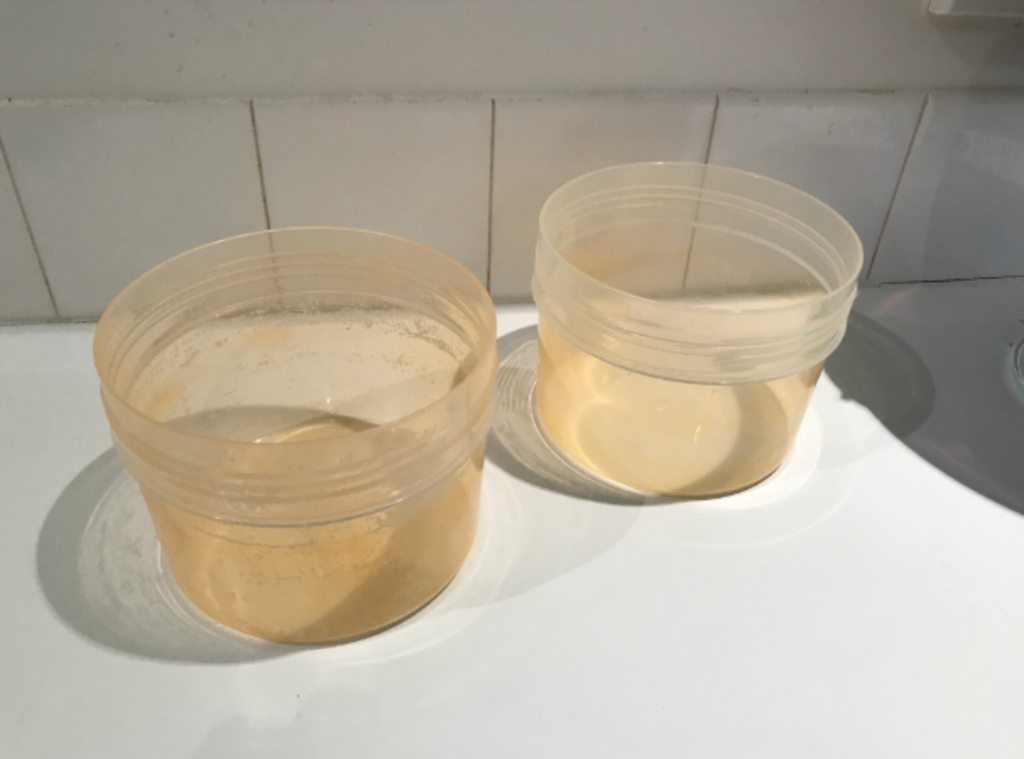
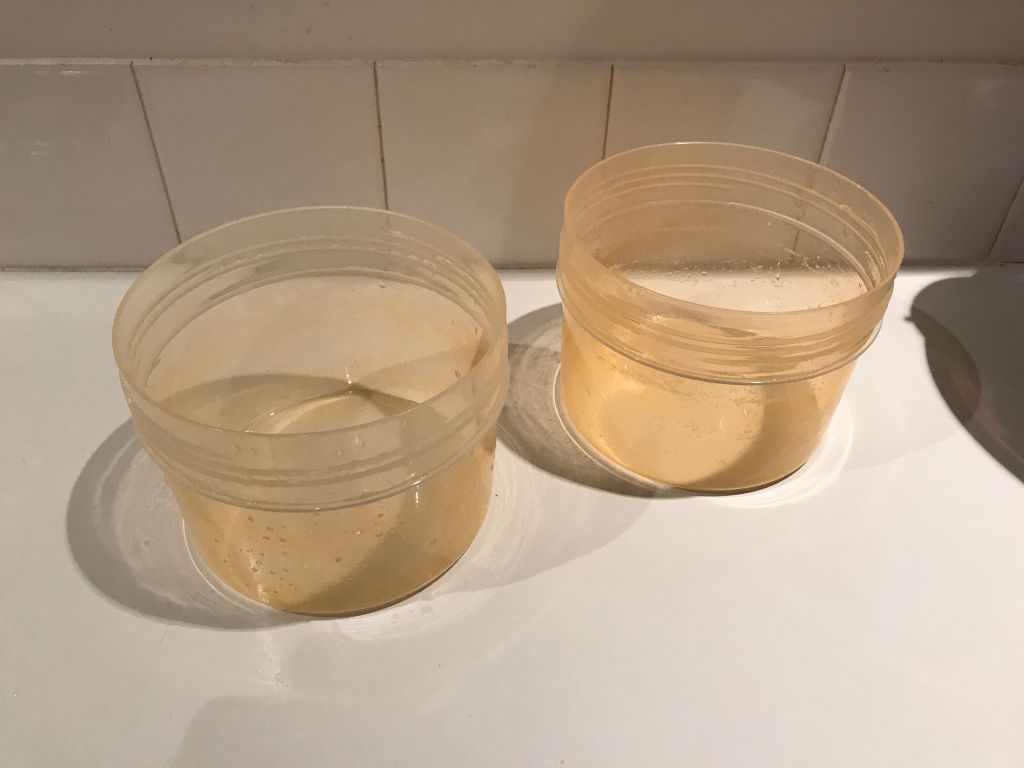
The theory is that this is a natural method to rid containers of stubborn stains. After testing this cleaning hack, a Homed reporter rated it 0/5 for effectiveness and said it “made no difference at all”.
SCORE: 0/5
Use hairspray to remove ink stains
The advice: Remove ink stains by spaying hairspray directly onto the stained area, wait 30 seconds and then wipe it away with a damp cloth.
This oldie but a goodie used to work in the day’s when hairspray was made almost entirely of alcohol, which was the not-so-secret stain removing ingredient. However, modern hairspray contains less alcohol and more conditioners and oils, making it far less effective.
So, do the environment a favour and pass up the hairspray for other stain removers instead.
SCORE: 1/5 (and only because it worked once upon a time)
Lemons will make dishes cleaner
The advice: Make your dishes cleaner by putting a lemon wedge or two into the dishwasher while it is running.
Some say that the acid inside a lemon is effective in moving dish stains. Unfortunately, while this hack might give your dishes a fresh scent, a lemon wedge doesn’t contain anywhere near enough acid to clean your dishes. Our advice is to save your lemons for a gin and tonic.
SCORE: 2/5 (points given for solving stinky dishwasher problem instead)
- This story originally appeared on stuff.co.nz
We recommend
States
Capital Cities
Capital Cities - Rentals
Popular Areas
Allhomes
More
- © 2025, CoStar Group Inc.







